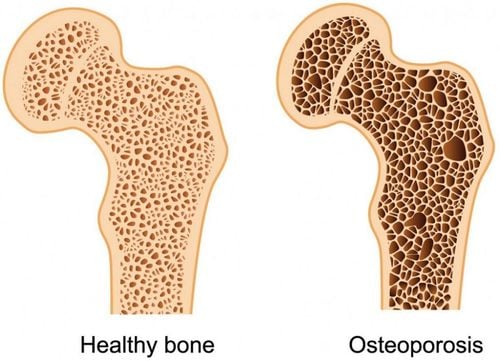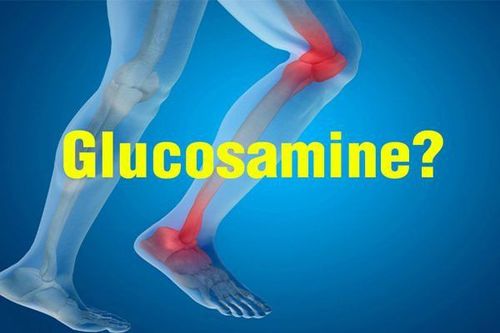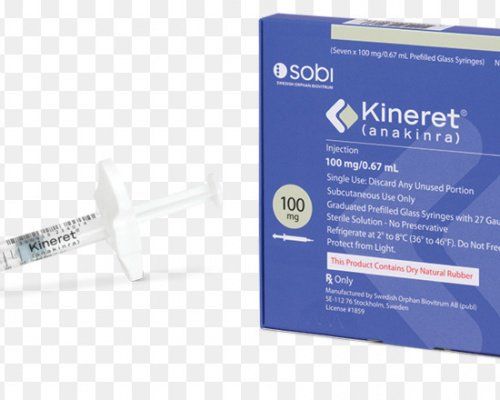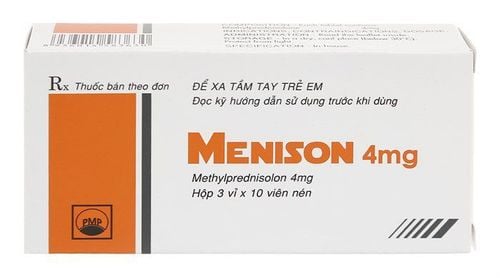This is an automatically translated article.
The article was consulted professionally with Master, Doctor Le Duong Tien - Doctor of Musculoskeletal Medicine - Department of Medical Examination & Internal Medicine - Vinmec Danang International Hospital.Glucosamine sulfate is used to relieve symptoms of mild to moderate osteoarthritis of the knee. Currently, on the market, there are many glucosamine preparations combined with different ingredients such as chondroitin, vitamins, and medicinal herbs. Therefore, to get the most out of it, consult your doctor before using it.
1. Glucosamine sulfate
Glucosamine sulfate is a naturally occurring sugar found in the fluid and cushioning tissues of joints. This stroma is called cartilage. However, glucosamine is also found in the hard shells of shellfish such as shrimp, crabs, oysters, and mussels.Supplements with glucosamine sulfate are usually made using shellfish. In addition, these substances can also be made in a laboratory.
2. Benefits of Glucosamine Sulfate
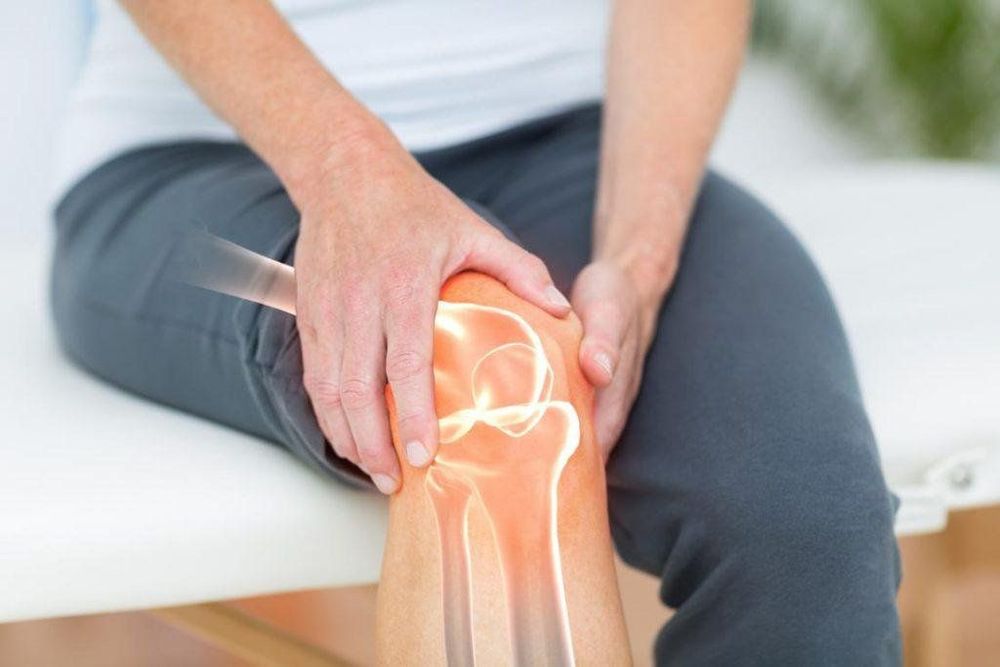
Bổ sung glucosamine sulfate có thể làm giảm đau đầu gối ở những người viêm xương khớp từ trung bình đến nặng
Have mild knee pain Have pain for a long time Being overweight Glucosamine sulfate supplements seem to reduce pain more than using ibuprofen. But it doesn't work quickly, it takes 4 to 8 weeks for glucosamine sulfate to work.
Several other studies have also demonstrated that glucosamine sulfate may have effects on conditions such as:
Osteoarthritis of the hip or spine Temporomandibular joint (TMJ) Another study in men also showed that glucosamine sulfate can help a person bend the knee more easily after a knee injury. Glucosamine sulfate may also slow the progression of osteoarthritis.
3. Use glucosamine sulfate
The optimal dose of glucosamine sulfate has not been established. This is because the composition and quality of glucosamine supplements can vary from manufacturer to manufacturer, making it difficult to establish a standard dose.The dose used in many studies to treat osteoarthritis of the knee is glucosamine sulfate 750mg in tablet form and taken three times a day. However, there are different forms of glucosamine, so it is important to check the ingredients of the supplement. In addition, there is also a type of glucosamine sulfate 1500mg that also works to support joint pain, reduce inflammation and joint swelling and take one tablet a day.
4. Risks of taking glucosamine sulfate

Táo bón hay tiêu chảy là tác dụng phụ có thể gặp phải khi sử dung Glucomine sulfate
Constipation Diarrhea Drowsiness Headache Heartburn Nausea Rash Glucosamine sulfate can affect blood sugar and insulin levels. If you have unusual symptoms or if you have diabetes or insulin resistance, you should consult your doctor before use.
Animal studies of Glucosamine sulfate show that it can raise LDL cholesterol - the bad cholesterol - if high in fatty foods are eaten. And this phenomenon also needs more research to have a proven basis.
Glucosamine sulfate may interfere with certain other medications. For example, glucosamine sulfate should not be used with warfarin (Coumadin). Because when they combine, they increase the risk of dangerous bruising and bleeding.
It has also been reported that glucosamine sulfate reduces the effectiveness of some medications. So use caution when taking supplements with the following:
Acetaminophen (Tylenol) Chemotherapy drugs include (Adriamycin, Rubex), etoposide (Etopiside), and teniposide (Vumon). Diabetes medications include (Amaryl), glyburide (DiaBeta), insulin (NovoLog), pioglitazone (Actos), and rosiglitazone (Avandia). If you are allergic to shellfish, when taking glucosamine sulfate supplements with other medications, see your doctor for full advice. Also, always tell your doctor about any supplements you're taking, whether natural or over-the-counter. That way, your doctor can check for potential side effects or bad interactions between medications.
In short, when using glucosamine sulfate, it is necessary to pay attention to the preparation information, content and origin of the product. Before using, you should see a doctor for specific advice on how to use, dosage, and time to use to promote the effects of glucosamine to improve osteoarthritis.
Reference source: Webmd.com





